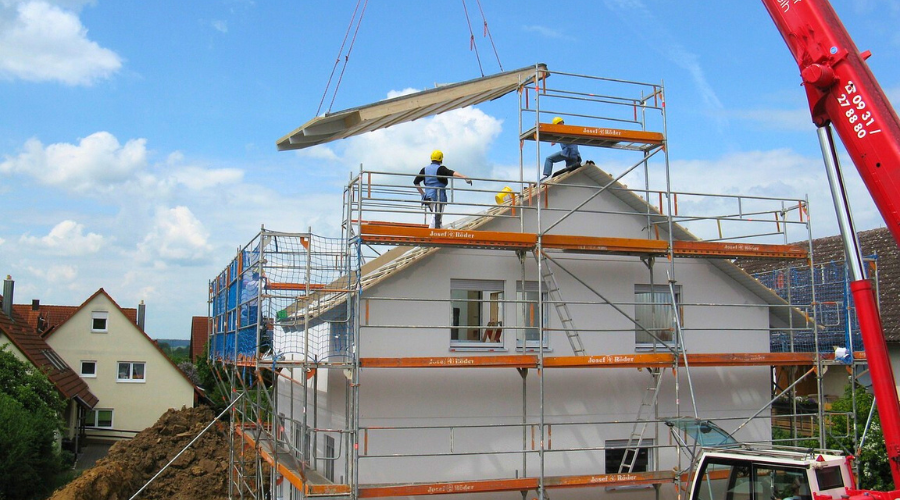Developers are asking the government not to introduce the new reform as the shortage of affordable housing increases.

In a letter to the Secretary of State for Levelling Up, Housing and Communities, Michael Gove, industry leaders have removed their support for the Infrastructure Levy (IL) on affordable housing delivery.
The main concern over the IL is that it will fail to facilitate the development of affordable homes and infrastructure that local communities need.
Introduced in March, the government plans to replace section 106 with the IL on a ‘test and learn’ basis over 10 years.
Background on IL
Fundamentally, the new reform would require developers to pay an IL for affordable housing and local infrastructure, which would be calculated once a project is complete.
The government specifies that councils will have the ‘right to require’, dictating how much of the levy will contribute to affordable housing on-site in new developments and how much will go toward other infrastructure.
For developers, the reform aims to prevent them from negotiating down the amount they contribute to a community when they bring forward projects.
Industry impact
Housebuilders have expressed difficulties with the existing Section 106 agreement and do not see how IL rates will support the economic viability of projects.
The letter includes the following concerns:
- The IL will make the provision of affordable housing and mixed and balanced communities harder.
- The time it will take to roll out the reforms will prolong planning time.
- Local planning authorities may struggle with the transition from IL to CIL.
- Councils and developers will still need to rely on S106 to some extent.
- When the final amount is uncertain, local authorities cannot afford the financial risk of borrowing against future levy proceeds.
The signatories of the letter want to work with the government to improve the existing S106 and the CIL, as these agreements are already in use and are familiar to local authorities and developers.
“A balance needs to be struck in two-tier county areas for devising better alternatives and calibrating the right balance of affordable housing and wider infrastructure,” the letter includes.
“Any future developer contributions system needs a clear framework for better collaboration to ensure priorities for the use of funding are broadly agreed by all parties.”
Signatories of the letter include:
- Suzannah Nichol MBE, Chief Executive, Build UK.
- Eddie Tuttle, Director of Policy, External Affairs and Research, Chartered Institute of Building.
- Mark Reynolds, Co-Chair of the Construction Leadership Council.
- Brian Berry, Chief Executive, Federation of Master Builders.
To see the complete list of signatories and the letter’s contents, click here.
If you find this interesting, we recommend AI and data analytics – to build the backend of construction.
Get industry news in 5 minutes!
A daily email that makes industry news enjoyable. It’s completely free.
